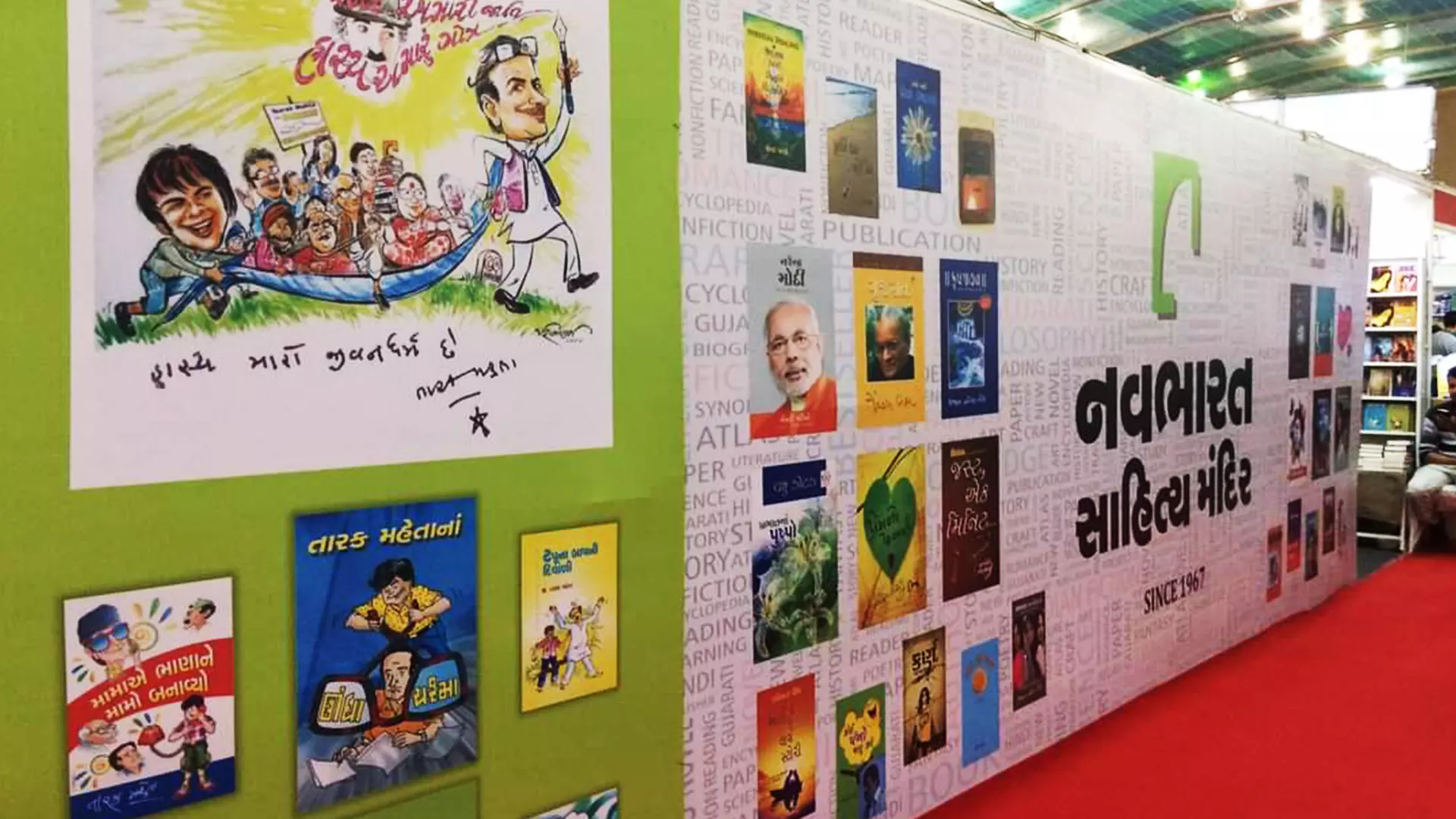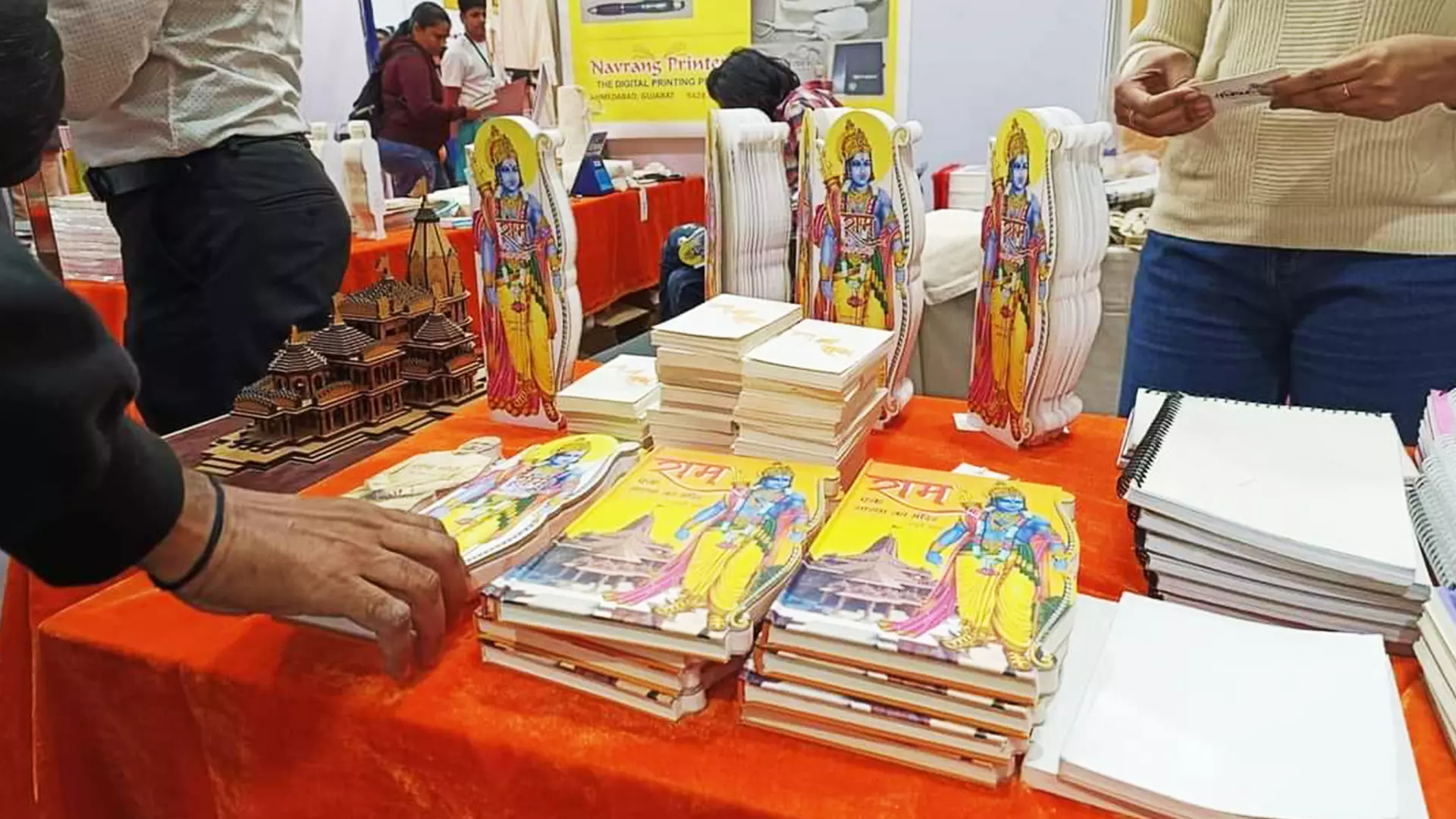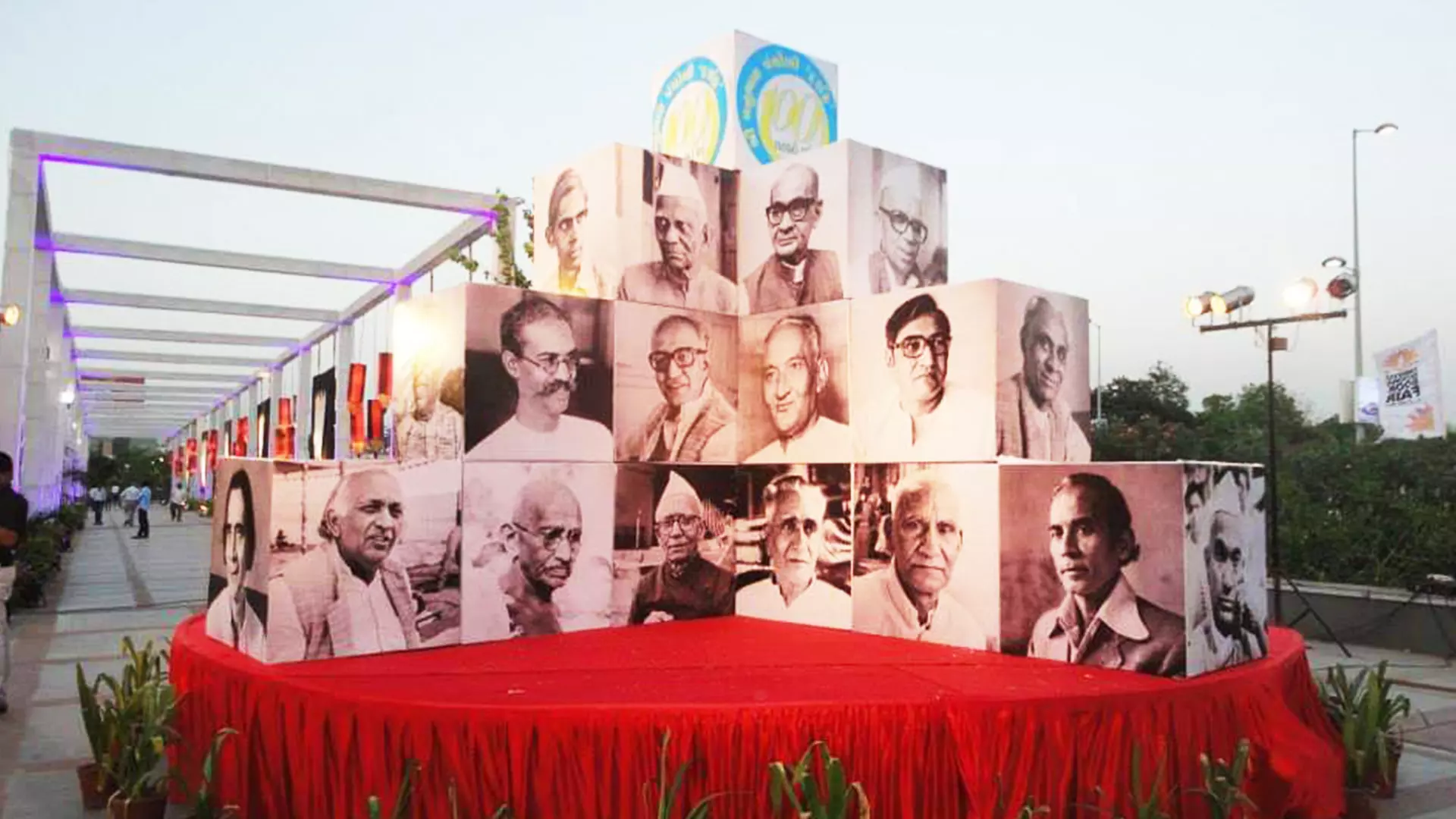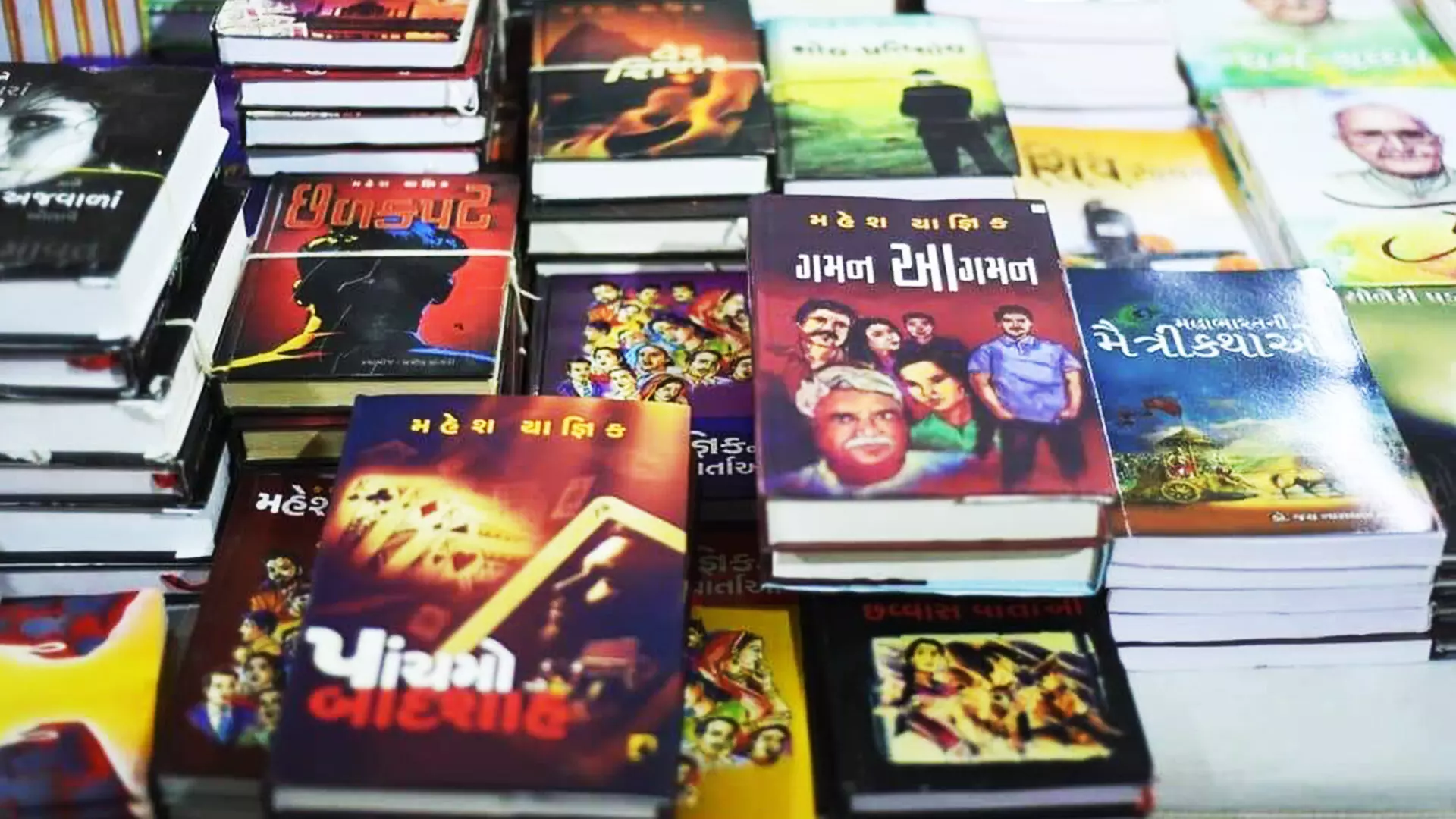
- Home
- India
- World
- Premium
- THE FEDERAL SPECIAL
- Analysis
- States
- Perspective
- Videos
- Sports
- Education
- Entertainment
- Elections
- Features
- Health
- Business
- Series
- In memoriam: Sheikh Mujibur Rahman
- Bishnoi's Men
- NEET TANGLE
- Economy Series
- Earth Day
- Kashmir’s Frozen Turbulence
- India@75
- The legend of Ramjanmabhoomi
- Liberalisation@30
- How to tame a dragon
- Celebrating biodiversity
- Farm Matters
- 50 days of solitude
- Bringing Migrants Home
- Budget 2020
- Jharkhand Votes
- The Federal Investigates
- The Federal Impact
- Vanishing Sand
- Gandhi @ 150
- Andhra Today
- Field report
- Operation Gulmarg
- Pandemic @1 Mn in India
- The Federal Year-End
- The Zero Year
- Science
- Brand studio
- Newsletter
- Elections 2024
- Events
- Home
- IndiaIndia
- World
- Analysis
- StatesStates
- PerspectivePerspective
- VideosVideos
- Sports
- Education
- Entertainment
- ElectionsElections
- Features
- Health
- BusinessBusiness
- Premium
- Loading...
Premium - Events

The 10th edition of the Gujarat Literature Festival (GLF) and book fair came to an end on Sunday with barely any reflection of the rich Gujarati literature.The event which was inaugurated on January 2, in Gujarat University, saw over 140 stalls of 65 publishers showcasing books on history, art, architecture, religions, Sanskrit, science and philosophy. Apart from serving as a platform to buy...
The 10th edition of the Gujarat Literature Festival (GLF) and book fair came to an end on Sunday with barely any reflection of the rich Gujarati literature.
The event which was inaugurated on January 2, in Gujarat University, saw over 140 stalls of 65 publishers showcasing books on history, art, architecture, religions, Sanskrit, science and philosophy. Apart from serving as a platform to buy new books, visitors to the fair also got an option to donate books and pick up old books donated by other visitors.
On an average, 6,000-7,000 people visited each day of the Gujarat Book Fair and Literary Fest, according to the organisers. Inaugurating the event, Chief Minister Bhupendra Patel said that the Gujarat government is committed to enriching the legacy of language and literature through special efforts.

Religious book stalls that dominated the book fair this year.
“Events like this will go a long way in boosting Gujarati language, art and culture while bringing the younger generation closer to literature. Gujarati language, art and culture are vast with a unique identity. At a time, when emphasis is being put on the English language, it is imperative that mother tongue Gujarati retains its lustre and usage,” said Patel in his speech.
Ironically, the legacy that Patel referred to was nowhere to be found.
Noticeably, it is books on Prime Minister Narendra Modi, including Collective Spirit, Concrete Action: Mann Ki Baat and Its Influence on India, Modi: The Man, Bal Narendra - Childhood Stories of Narendra Modi, which sold like hot cakes at the event. Bal Narendra, in fact, sold close 2.5 lakh copies over seven days, while Modi: The Man sold over one lakh copies.
The other books that found favour with the visitors were Gujarati novels Zindagi U Turn, Zindagi Bollywood Dot Com and Gaman Agman.
Publishers from both Gujarat and other states showcased books on him at their stalls while a few even had a devoted corner for books on the former Gujarat chief minister and current Prime Minister. The stalls even showcased books on Modi especially meant for children.
“The response has really been great. Sunday saw the maximum footfall with about 8,000 people visiting our stall,” said Mihir Patel, stall in-charge of Navneet publications whose biggest seller, Bal Narendra, has been a comic book based on Prime Minister Narendra Modi’s childhood.
Noticeably, leading international publishers like Penguin and Harper Collins, were missing this year said one of the officers of the Ahmedabad Municipal Corporation, which organised the event.
The publishers seen at the event included Rupa, Geeta Press, Navbharat, Inc Publication, Gyandeep Sahitya Prakashan.
The organisers said the absence of reputed publishers has hit the footfall this year.
“We have 19 religious and spiritual organisations that have come to the fair and have taken more than 30 stalls. A large number of stalls are selling books on kids’ education and brain development. Since the presence of the national and international publishers is less compared to last year, a perception is being created that the fair is all about books on religion. The fair has attracted about 6,000 to 7,000 people a day whereas the figure used to be around 10,000 every day and even more at weekend last year,” said the official on condition of anonymity.
Noticeably, over the years that the Gujarat government has been observing ‘Gujarati Literature Month’, the state has seen multiple literature fests where various BJP governments have agreed to make attempts to preserve and promote the language and literature. However, it still is not a mainstream political agenda of the ruling party.
“Ironically, over two decades of the BJP rule, promoting and preserving language took a back seat and communal politics, aggressive urbanisation, and industrialisation took centre stage. The Gujarati asmita and promoting local literature got confined to political catch phrases and slogans during elections. For instance, it was Modi who brought back Jai Jai Garvi Gujarat in political discourse as an electoral campaign slogan for the party,” says Manishi Jani, a Gujarat-based educationist and political analyst.
The confluence of literature and politics
Experts hold that it was the renaissance experienced by the society in Gujarat and Mumbai in the 19th century that shaped the contemporary Gujarati society. The era brought in mixed culture into Gujarat. While there was a new wave of new art, culture and an outside influence, the influence of right-wing politics took over the Gujrati literary world primarily.
“Most prominent modern Gujarati writers were inclined towards right-wing ideology. For instance, Indulal Yajnik, a writer who is considered to be the force behind the Mahagujarat Movement of the 1950s that pushed for the creation of Gujarat from the Maharashtra Presidency was closely associated with radical nationalist like Shankarlal Banker that gradually transformed Yajnik into a sceptic and a nonconformist in terms of social customs,” tells says Gauraang Jani, a Gujarat-based sociologist.
“This inclination towards a right-wing ideology might be one of the reasons that the Gujarat asmita, or the Gujarati pride, permeated through local literature has been the core essence of the politics of the state since it’s separation from Maharashtra Presidency in 1960. In years, as right-wing as politics spread its wing in the state and BJP slowly was replacing the Congress, the Gujarati Asmita was co-opted by the BJP and the slogan became synonymous with the right-wing political discourse,” he added.

Entrance to the fair showcasing various Gujarati writers.
Narmadashankar Lalshankar Dave, popularly known as Narmad, was born in 1833. As a writer he left a lasting impact on socio-political fabric of Gujarat until his death in 1866. Narmad, who is considered the father of modern Gujarati literature, revolutionised Gujarati literature with his diverse collection of poems, essays, plays, and prose.
As a literary pioneer, journalist and a pamphleteer, he changed the face of Gujarati literature and society, introducing writing styles and forms that were revolutionary to Gujarati literature. He wrote extensively across genres such as biography, poetry, lexicography, historical plays and folk literature. But his primary contribution to Gujarat’s politics and literature was his poems that challenged the Gujarati society still grappling with religious fanaticism and socio-cultural dogmatism.
Almost 50 years before the advent of the independence movement, it was Narmad who put forward the idea of self-government and advocated for a unified national language for India. Years later, Narmad’s writings that extensively advocated nationalism and patriotism shaped many political minds of the time including Mahatma Gandhi who wrote about him in his books.
His compositions such as Sahu Chalo Jeetva Jang (Come, let’s win the battle together) and Jai Jai Garvi Gujarat (Hail Gujarati pride) stirred the feeling of Gujarati pride and is has been at the core of Gujarati right-wing politics ever since.
Another important political influence was writer and journalist Jhaverchand Meghani who roamed around in rural Gujarat to bring the folk tales and folk songs to the mainstream literature. His writings have been known to inspire youth to protest against British rule and join the freedom movement.
Following his father’s footsteps, Mahendrabhai Meghani, the eldest son of Jhaverchand Meghani, a revered literary artist in his own right started Milaap, India's first vernacular monthly digest that had huge impact on Gujarat’s society. He formed the Lokmilaap Trust post his visit to Eurasian countries as a reporter and a delegate with former Prime Minister Jawaharlal Nehru.
“While Mahendra Meghani's unparalleled work for the promotion of the Gujarati literature is widely accepted and respected in Gujarat, his gestures of dissent and protest are lesser-known and less talked about. He opposed the press censorship imposed by the Indira Gandhi government during the Emergency in 1975, owing to which his press was shut down for a period of time,” says Sajay Bhave, a Gujarati translator and professor.
“In fact, the names of many once-popular characters in modern Gujarati literature are now lost. Who would recognise Chunilal Madia’s Abhu Makarani today? He gave up his life to protect a woman working in a tobacco factory in the state (which was converted into a chilly-processing house later), a tale that inspired the 1987 Hindi film Mirch Masala. It is impossible to think of such a gesture in modern and highly industrialised Gujarat,” he said.

Gaman Agman - a Gujarati novel is one of the few non religious books that sold well.
“In fact, Mahendrabhai's anguish against the right-wing violence in Gujarat following the 2002 Godhra carnage is indicated by his Guajarati translation of an English article titled General Dyer ni Gaurav Yatra (The pride parade of General Dyre) published in September 2002. During the turbulent period post-Godhra, Mahendrabhai translated portions of Pyarelal's account of Gandhi's peace mission during the partition. He wanted to sensitise the reader and the society showing the violent parallels between Noakhali in 1947 and Gujarat in 2002,” adds Bhave.
Unfortunately, none of the books were to be found at the week-long book fest.

